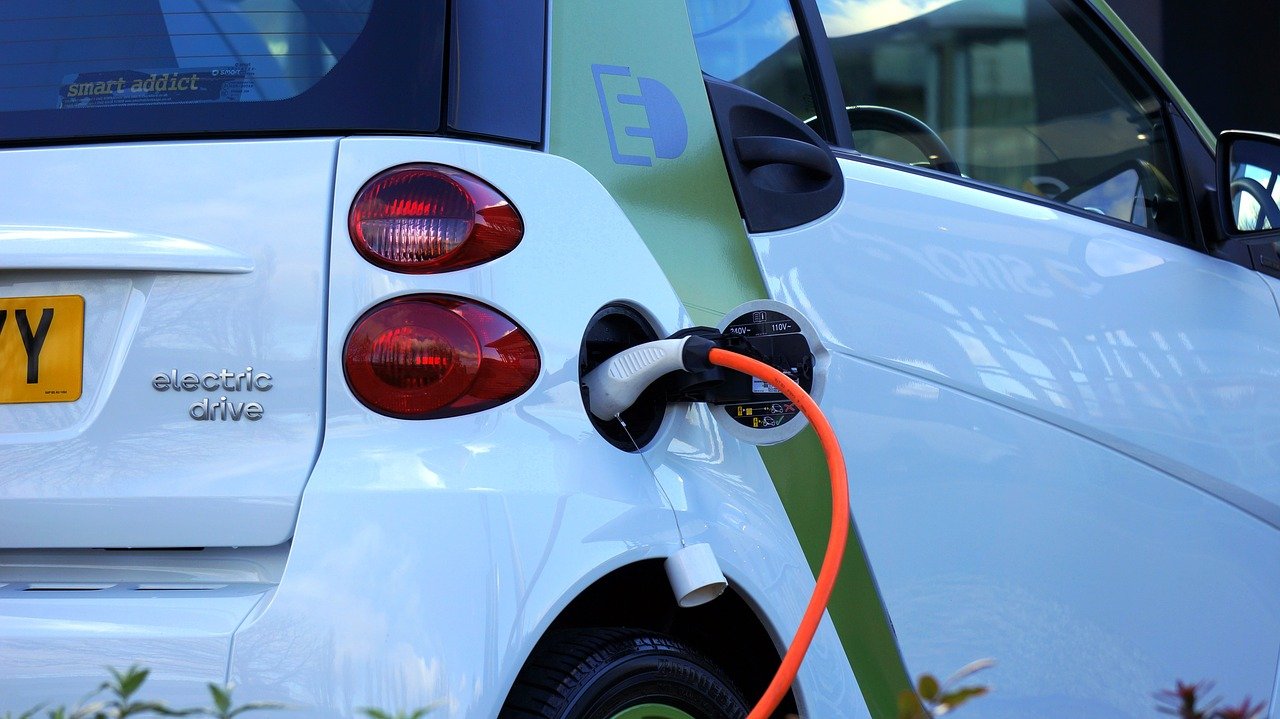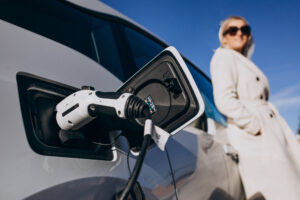How mechanics are adapting to the shift to electric cars


As the motor industry moves towards electric cars, mechanics must change their practices to effectively deal with an increase in demand for them. Currently, 7% of all new vehicles sold in the UK are electric, and this is expected to rise to 20% in 2025, to 40% in 2030, and by the time we reach 2040, it is estimated that most new cars sold will be electric. The shift comes with a global commitment to mitigate the effects of climate change by reducing emissions that emit c02 and other harmful gases. It is now more important than ever that mechanics must adapt to the recent progression in the motor industry, otherwise businesses will find themselves struggling to survive in the coming decades. So, how are they doing this?
Retraining
Unfortunately, adapting to an industry-wide increase in electric cars means that around 97% of mechanics will have to retrain to mean they are suitably qualified to work on electric vehicles. If you are currently working as a mechanic and are uncertain about your knowledge when it comes to electrical engineering, there are an abundance of courses which will help you to upskill in this area. We will also see a change in the curriculum for practical courses aimed at aspiring mechanics. Furthermore, there may be an increase in graduate electrical engineers entering the trade.
Equipment
With a new type of car, comes a whole host of new tools and equipment that are required so you can competently work on electric vehicles. Some of the classic equipment used by mechanics will still remain important, like engine hoists to lift the engine from the car. However, as we move towards a predominantly electric market, more sophisticated and complex equipment will be required, like diagnostic and electric power testing tools, which in themselves will require adequate training to use properly.
Technology
Compared to manual petrol and diesel cars, electric versions are usually a lot more complex in their make-up. Whilst traditionally, those in the field are trained to deal with the mechanical issues which can occur on any of the 2,000 moving parts in a petrol engine, an electric powertrain has less than 20. Therefore, mechanics will now have to learn how to fix more technical issues, which arguably threatens the job prospects of traditional mechanics in the future, as many may find it difficult to adapt. Instead, we may see a new wave of younger professionals who have trained specifically to work on electric cars.
The future is most definitely electric, and the change is occurring exponentially. Like how many occupations and trades became redundant in the industrial revolution, we are arguably seeing the same thing occur in the motor industry. Therefore, it is vital that employees in the field must adapt by retraining and upskilling.






